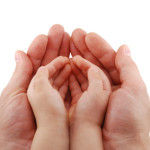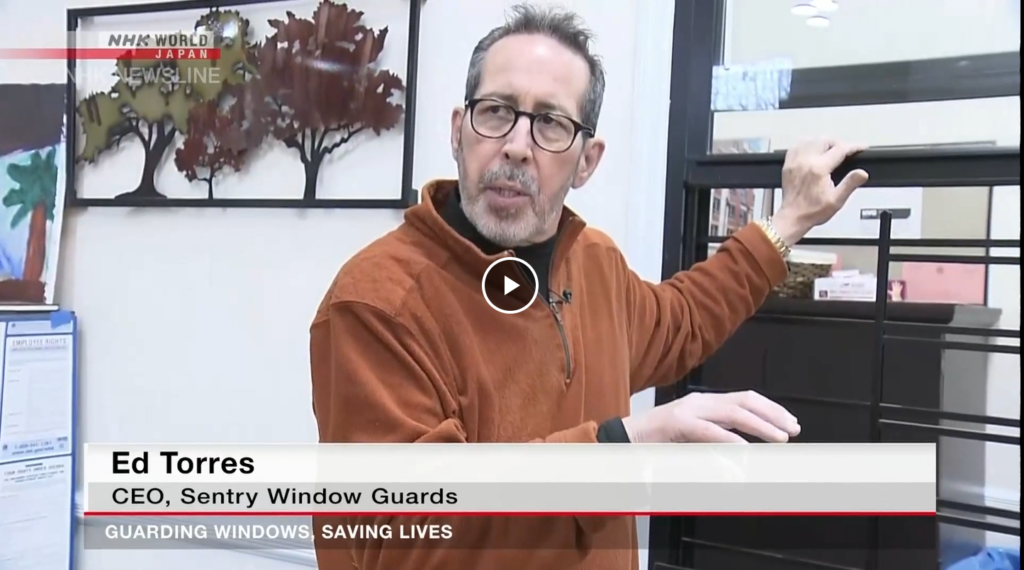 According to Business Insider, between 1976 and 1980, 77.8% of American children had elevated lead levels in their bloodstreams. In 1991, the U.S. Department of Health and Human Services called lead the “number one environmental threat to the health of children in the United States,” and the Centers for Disease Control (CDC) recommended every American child be screened for lead in their bloodstreams. Thankfully lead poisoning is far less common today but it is still a concern, especially in children.
According to Business Insider, between 1976 and 1980, 77.8% of American children had elevated lead levels in their bloodstreams. In 1991, the U.S. Department of Health and Human Services called lead the “number one environmental threat to the health of children in the United States,” and the Centers for Disease Control (CDC) recommended every American child be screened for lead in their bloodstreams. Thankfully lead poisoning is far less common today but it is still a concern, especially in children.
Most lead-poisoned children have been exposed in their own homes. If you rent your apartment or home, controlling your family’s exposure to lead is more difficult to control. Many New York City apartments are older dwellings and even though lead-based paint has been banned for residential use since 1960 older buildings contain old layers of lead paint. Lead paint was typically used on kitchen and bathroom walls and throughout homes on doors, windows, and wooden trim. Unless tested you can’t be sure if it was used in your home or apartment. Before you move in, ask the landlord if the paint has ever been tested for lead. If it has, ask to see the results. However, landlords in New York State are not required to test paint for lead, nor are they required to allow a prospective tenant to test paint for lead before renting.
LEAD POISONING SYMPTOMS:
The most common way children get exposed to lead is by mouth. They may chew on a windowsill or other area that contains lead. Symptoms of lead poisoning vary. They may affect one area or many parts of the body. Typically, lead poisoning builds up slowly after many small exposures to lead. Lead toxicity is rare after a single exposure or ingestion of lead. Signs of repeated lead exposure include:
- Abdominal pain, cramps
- Aggressive behavior, irritability, fatigue
- Constipation
- Headaches
- Loss of developmental skills
- Loss of appetite
- High blood pressure
- Anemia
- Kidney problems
- Numbness or tingling in the extremities
- Memory loss
NYC LEAD PAINT NOTICE:
New York City law requires that tenants living in buildings with 3 or more apartments complete the attached form and return it to their landlord before February 15, each year. If you do not return this form, your landlord is required to visit your apartment to determine if children live in your apartment. This form also applies to dwellings built from 1960 – 1978 if the landlord knows lead paint was used. To download the form, click HERE.
At Sentry Window Guards, our business is to keep children safe by preventing window fall accidents from occurring. For more information regarding our window guard products and our experience and leadership in understanding NYC safety requirements, contact us today!









